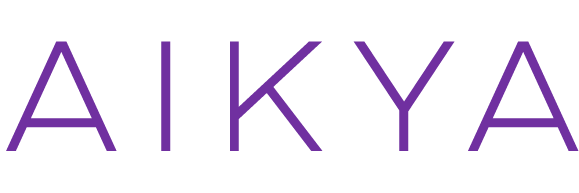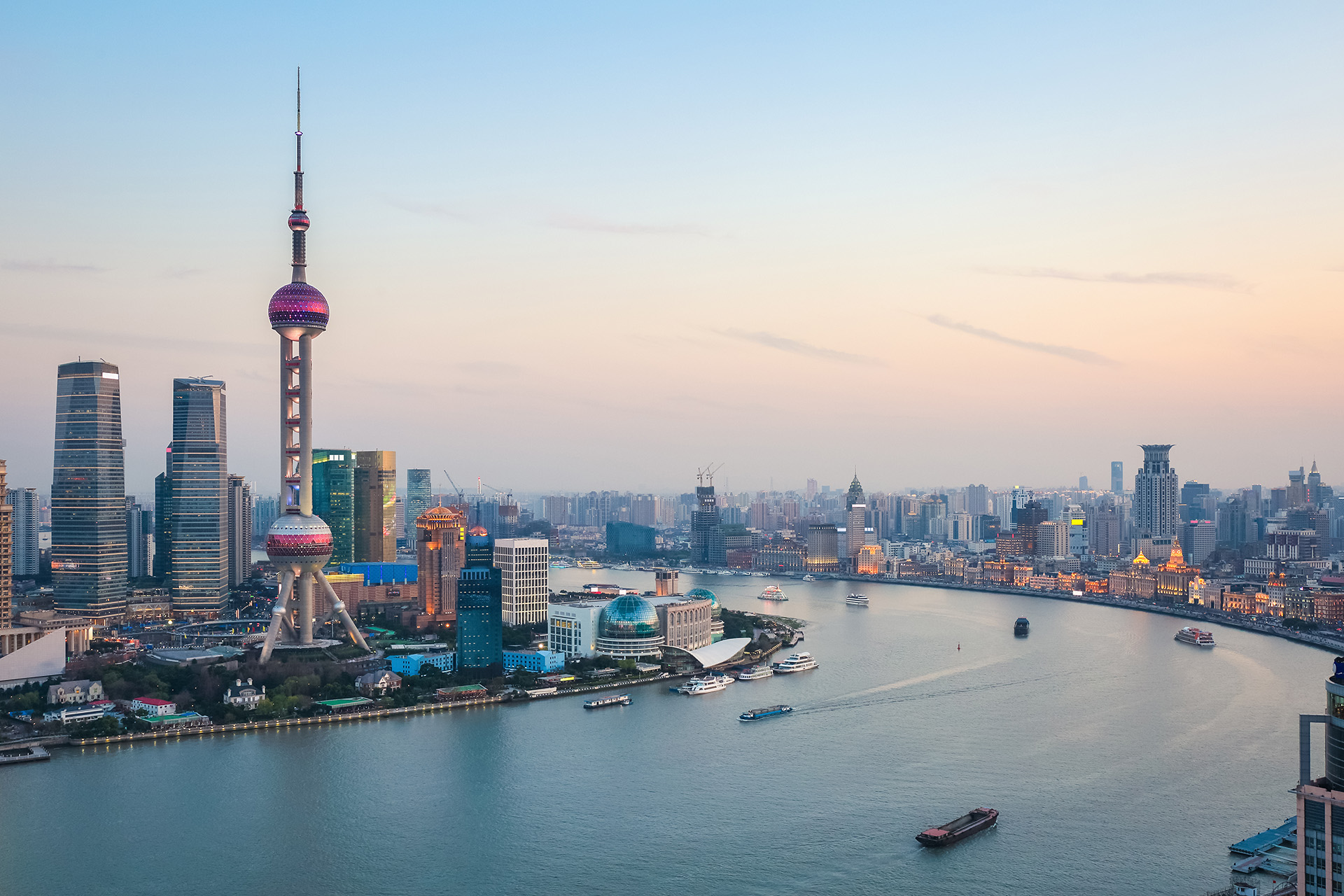China: Emperor’s Foie Gras
‘Most Chinese billionaires are like geese – they get fat on their political connections and close to party leaders, but at some point the Emperor decides he wants to eat foie gras’1
Introduction
China offers one of the most compelling investment opportunities of our time. The country is experiencing the fastest expansion of consumer spending power the world has ever seen, and by 2027, almost 1.2 billion Chinese will be in the middle class, making up a quarter of the world’s middle class.2 Chinese consumers have followed the path of their Western counterparts, with economic growth driving investments in home ownership, vehicle purchases, as well as stimulating demand for high quality discretionary products. At the same time though, Chinese consumers have set their own trends through rapid adoption of e-commerce and digital finance. Moreover, China is not just the ‘consumption epicentre’ of the world, it is also home to an excellent entrepreneurial culture with a vibrant stock market. There are close to 5,000 publicly listed firms in the country, which in terms of its breadth and depth is matched by only a few other nations such as the United States.
However, the history of capitalism is relatively short in China. The government still runs large parts of the economy and retains considerable influence across a wide range of industries. As investors in Emerging Market countries, crony capitalism and state influence are not foreign to us, but what makes China unique is the way state or crony influence subtly blends into the private sector. Ownership is blurred between private sector and state influenced actors, and the real shareholders are hidden to such an extent that it is often difficult to determine what is genuinely private. This vagueness is compounded by a lack of free media, as well as the absence of an independent court system and respect for private property rights, which many Western investors usually take for granted.
Fat Geese businessmen
Wu Xiaohui started out as a low-level bureaucrat in Wenzhou, a city known for its entrepreneurialism. In 1996, he got a dealership license for SAIC, a large state-owned automobile company which manufactured Volkswagen and General Motors cars in China. During this time, he also cultivated a close relationship with Zhuo Ran, the granddaughter of China’s former paramount leader, Deng Xiaoping. He eventually married her and used the Deng family’s considerable political clout, to obtain licenses to sell auto-insurance and other financial services. He also forged a close relationship with Chen Xiaolu, who was a prominent princeling3, as the son of Marshal Chen Yi (one of the eight leading Generals in Mao’s revolutionary army).
By 2010, Wu’s flagship company Anbang Insurance was sufficiently large enough to bid for large prestigious property plots in major Chinese cities such as Beijing and Shanghai. In 2014, Anbang bought New York’s Waldorf Astoria hotel for USD 1.9 billion, which was the highest amount ever paid for a single property. In 2016, it tried to acquire Starwood Hotels (owner of Sheraton, Westin and W brands) for USD 14 billion. By 2017, Anbang emerged as one of the largest insurance companies in the country by asset size (USD 300 billion). Even with this size, its shareholder structure and the exact source of its funds was never entirely clear. Anbang’s takeover of Fidelity and Guaranty Life, an insurer operating in Iowa and New York was blocked by local regulators in 2016, as Anbang failed to provide information on its opaque shareholder structure.
The Chinese government decided to put the brakes on these big-ticket deals to acquire trophy Western assets in early 2017, and around the same time, Wu seemed to have lost political backing in Beijing. Soon, the Chinese insurance regulator stopped Anbang from selling new insurance products, and it seemed that Anbang had lost the support of large Chinese banks. The government eventually seized control of the company in early 2018 and Wu ended up with 18 years jail sentence for fraud and embezzlement.
There is a long list of such ‘fat geese’ billionaires, at the top of China’s corporate food chain; Chen Feng (HNA group, linked to Wang Qishan, Xi Jinping’s trusted aide), Wang Jianlin (Dalian Wanda group, linked to Xi Jinping’s sister), Xiao Jianhua (Tomorrow Holdings, close to Jiang Zemin, China’s supreme leader from 1989-2002), Guo Guangchang (Fosun International, close ties with Ling Jinhua, a former top aide of Hu Jintao, President of China from 2003-2013), and Jack Ma (Alibaba, closely linked to the Shanghai faction of the Party, chronicled in our Winter 2020 investor letter).
While the prominent ‘fat geese’ billionaires are well documented by media, information on smaller corrupt and politically connected businessmen is not as readily available. Yet, the culture of cronyism, corruption and favouritism goes all the way down to small/mid-size companies. Many prominent private equity funds in the country are populated with princelings who help the investee companies win government favours through their connections. For example, a major medical diagnostics chain we evaluated for a potential investment had multiple minority investors in various labs they ran across the country; and most of these minority investors were relatives of locally influential party officials. This chain also had an equity investment from a powerful national conglomerate controlled by one of the ‘fat geese’ billionaire, which helped them with appropriate connections in Beijing.
“What is wrong with backing these ‘fat geese’ businessmen?”, you might ask. Being connected to the right people in power, could even be the most important short-term competitive advantage in a place like China. The problem for a long-term investor is that if we buy shares in this medical diagnostic chain, how do we know whether their success is linked to the way they run their operations, or to their links with local party bosses? What if those local party bosses lose power? If we do not even know what makes them successful, how can then we be sure about the resilience of the business, or how can we value the company for the long-term?
More importantly, expropriation is a risk always present in those Emerging Markets that have fragile institutions and low respect for property rights. If a business is built on cronyism and political connections, it is much easier for governments (and political opponents) to bend circumstances to their objectives and go after these businesses. That said, investing alongside corrupt businessmen is not the only way to invite the Emperor’s wrath; the other way is to back companies which lack social purpose.
Profit at all costs
The market for private tuition in China grew at 11% CAGR between 2015-2020, with leading players such as New Oriental (EDU) and TAL Education (TAL) experiencing 25-30% top line growth during this period. These companies appeared to have fantastic business models, earning high gross profit margins (55-60%) and high returns on equity (30%+), with their shares very highly rated (PEs of 60x). For someone analysing these companies with the lens of a traditional investment analyst, these were great compounding-type businesses to be held for the long-term.
But were these companies serving a social purpose? Were they solving a problem for the community around them or creating a problem themselves? The fantastic profit margins they reported were perhaps the other side of the significant costs they imposed on the parents and students, which went unaccounted for in traditional financial models.
In China, millions of students compete every year for just a few thousand seats in prestigious top colleges. This success is based on a single entrance exam, meaning parents and students are naturally very anxious to do their best preparing for this exam. After-school private tuition companies, through aggressive marketing, succeeded in turning this anxiety into a nationwide ‘Fear of Missing Out’, where parents felt compelled to enrol their children to their programs, even though they could barely afford the fees. As per some estimates, Chinese urban households spend close to 25% of their income on private education services4; and almost 75% of children in urban China are enrolled into private tutoring of some kind. There is very little evidence that these courses raised the education level for children, as they are often run by mediocre tutors and focused on making students cram for exams. These companies not only raised the cost of parenting for everyone in urban China, without any material benefit; they also imposed more pressure on an entire generation of Chinese children.
In this context, it should not come as a surprise that the Chinese government decided to act against the entire sector. Companies that pursue profit at the expense of the local community risk losing their social licence to operate. When they do, the results are disastrous for the business and shareholder returns. Especially in an autocratic state such as China, the rulers are extra sensitive to any potential criticism from powerful interest groups such as the urban middle class. Serving a social purpose and creating goodwill in the local community becomes critical to the long-term survival of the business.
Aikya’s Investment Approach
China usually evokes extreme behaviour from investors. One set of investors, who are overly focused on near term financial metrics, tend to ignore some of the risks highlighted above and are happy to buy Chinese companies regardless of who owns them or whether they serve a social purpose. Another set of investors usually get put off by governance risks, a general lack of Western-style institutions, and the lack of easy access to trustworthy information; they simply stay away from investing in the country.
We believe that a more nuanced approach is needed. The team at Aikya has spent the last 20 years researching China and have collectively analysed close to 1,000 Chinese companies. We are highly sensitive to some of the risks highlighted above and therefore very selective in the companies we choose to back. We have rejected almost 97 companies out of every 100 companies that we have analysed in China. But we equally appreciate the entrepreneurialism and breadth of the market and hence have been able to select 26 Chinese companies to our investable Quality List. These 26 companies are run by some of the best stewards of capital in the world and are well positioned to benefit from the unprecedented consumption growth China is currently undergoing.
So, what type of companies do we like?
We like companies with strong principal owners. These are the people with ‘soul-in-the-game’ who are emotionally invested in their companies. A permanent owner-mindset enables these entrepreneurs to make decisions which are likely to strengthen the business in the long-run, without falling for either short termism or not caring about returns on capital at all, which is so common with companies with state-owned or ownerless corporations.
We avoid ‘fat geese’ businessmen. Our starting point is to understand the original source of wealth of the entrepreneur or business family that we are investigating alongside. How did they get their initial success? Is it a clean story, or did they need the help of government or politicians at any point? We always explore the inner mechanisms of a business model to try to understand if there is any government influence either through positive regulations or favourable operating licenses. We then assess if these regulations are transparent and fair, or if they favour a certain set of players?
We usually avoid companies where the government or government-owned entities are the primary customers and look at how much of the goods and services produced by a business are directly sold to the government, or at least sold through a government tender. Because of these reasons, we have hardly any companies on our Quality List which operate in Financials, Real Estate, Utilities, Telecom, Materials and Energy sectors in China, as these sectors see high levels of government involvement.
In a country, where media is not free and information is not easy to obtain, uncovering political linkages and the real shareholder structures of small relatively less known Chinese companies is not easy. It requires patient due diligence, a contextual understanding of how things work in China, and a strong set of trusted relationships on the ground.
All the companies on Aikya’s Quality List display high levels of social stewardship, which essentially means they pay fair taxes, do not cut corners in the way they treat employees, and generally behave well towards the community they operate within. Such exemplary behaviour gives little opportunity for politicians to start interfering with a business.
Our purpose is to generate healthy long-term returns with strong downside protection. Years of experience investing in Emerging Markets have taught us that ensuring ‘return of capital’ is almost as important as pursuing ‘return on capital’. As a result, our investment approach has evolved to mitigate the risks which could result in our investee companies ending up as Emperor’s foie gras.
1Anderlini Jamil, 2017 February 1, China sends its billionaires a chilling message, Financial Times, https://www.ft.com/content/4335d364-e7d4-11e6-893c-082c54a7f539
2Kharas Homi, Dooley Meagan, 2020 October, China’s influence on global middle class, Brookings Institution, https://www.brookings.edu/wp-content/uploads/2020/10/FP_20201012_china_middle_class_kharas_dooley.pdf
3The term Princelings was coined for descendants of prominent and influential senior communist party officials in China. It is an informal categorisation to signify those benefiting from nepotism and cronyism.
4Wen Sheng, 2021, July 4, China puts lid on private tutoring business to ensure fairer education for all, Global Times, https://www.globaltimes.cn/page/202107/1227758.shtml





